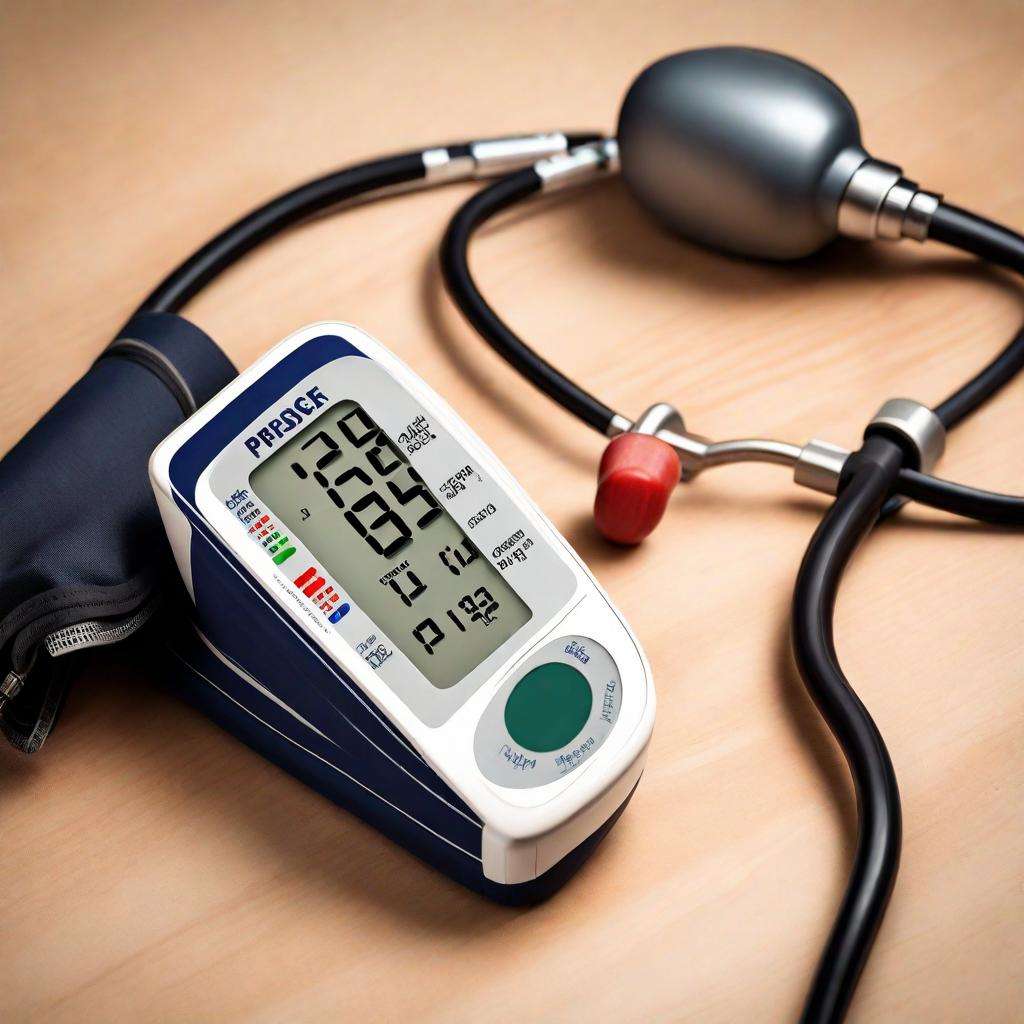Pre-pregnancy check-ups in our country are currently voluntary, so many couples ignore this step due to busy work and other reasons. Most young people think that the company provides annual physical examinations and they are healthy, so there is no need for pre-pregnancy physical examinations.

Experts believe that general physical examination cannot replace pre-pregnancy examination. Pre-pregnancy examinations mainly examine reproductive organs, immune systems, genetic history, etc., which can help couples of childbearing age conceive a healthy baby.
Therefore, couples of childbearing age should go to the hospital or the prenatal care clinic of the family planning department for a comprehensive examination and consultation three months before they plan to become pregnant.
So what tests are suggested in the Pre-Pregnancy To-Do List?

Here are some suggestions for a Pre-Pregnancy To-Do List:
Routine examinations for women:
- Height and weight: measure the specific value and judge whether the weight reaches the standard
- Blood pressure: normal value: systolic blood pressure <140mmHg, diastolic blood pressure <90mmHg. Pregnancy can easily cause hypertensive patients to have higher blood pressure, which may even threaten the lives of expectant mothers.

- Blood routine and blood type: Whether you suffer from anemia, infection, etc. can predict whether blood type incompatibility will occur.
- Urine routine: helpful for early diagnosis of kidney disease. Women with kidney disease need to be cured before becoming pregnant.
- Reproductive system: If you suffer from sexually transmitted diseases, ovarian tumors, or uterine fibroids that affect pregnancy, you need to be thoroughly treated before becoming pregnant.
- Liver and kidney function: Pregnancy for liver and kidney patients may worsen the condition and lead to premature birth.
7. Oral cavity: During pregnancy, the original oral hidden dangers are aggravated, which will affect the health of the fetus.
Special examinations for women:
- Hepatitis B virus antigen and antibody test: This test can allow women preparing for pregnancy to know early whether they are carrying the hepatitis B virus.
- Diabetes testing: Pregnancy will increase the burden on the pancreatic islets of women preparing for pregnancy and may cause serious complications. Therefore, women preparing for pregnancy should undergo fasting glucose testing and, if necessary, tests including glucose tolerance tests.
- Genetic disease testing: To prevent the next generation from having genetic diseases, couples planning to conceive if one of them has a genetic history should undergo relevant testing.
- ABO hemolysis test: When a woman preparing for pregnancy has a history of unexplained miscarriage or the mother of her second child has an Rh-negative blood type and her husband’s blood type is Rh-positive, she should be tested.
- Whether antibodies are produced.Five eugenic examinations (TORCH): Check whether women preparing for pregnancy are infected with Toxoplasma gondii, rubella virus, cytomegalovirus, herpes simplex virus, and other viruses. Once a woman preparing for pregnancy is infected with these viruses, it will cause miscarriage, stillbirth, fetal malformation, congenital Mental retardation, neurological deafness, and other symptoms.
- Chromosome examination: Check whether women preparing for pregnancy have genetic diseases such as Klinefelter syndrome Turner syndrome and infertility.
Pre-pregnancy B-ultrasound examination is very important for women:

B-ultrasound examination: abdominal ultrasound examination and vaginal ultrasound examination. Help women who are preparing to become pregnant understand whether their uterus is healthy, whether the eggs can be released on time, and whether the quality is excellent.
I have more or less heard of people around me having miscarriages, so pre-pregnancy check-ups are very important. For the sake of a healthy and smart baby, pregnant mothers must not ignore it~ Welcome to exchange and discuss with each other
Taking Prenatal Vitamins:
“Taking Prenatal Vitamins” is the term used to describe the practice of taking vitamins and minerals, especially folic acid, before and throughout pregnancy. These prenatal vitamins have been specially designed to meet the growing fetus’s nutritional needs as well as the mother’s.

B vitamin folic acid is especially important in the early stages of pregnancy because it helps prevent neural tube abnormalities in the developing child. Prenatal vitamins also frequently contain iron, calcium, vitamin D, and omega-3 fatty acids, which are essential for both the health of the expectant mother and the development of the fetus.
A pre-pregnancy to-do list that includes taking prenatal vitamins guarantees that women are suitably nourished and ready for a safe pregnancy.
Addressing Lifestyle Factors:
“Addressing Lifestyle Factors” entails determining and altering habits and behaviors that could affect the course of fertility and pregnancy. This can involve controlling stress levels, keeping a healthy weight, getting regular exercise, abstaining from dangerous substances like tobacco and excessive alcohol, and making sure you’re eating right.
Lifestyle choices can have a big impact on a woman’s ability to become pregnant and the health of her unborn child. Before getting pregnant, people can minimize the risk of difficulties and increase the likelihood of a healthy pregnancy by taking care of these issues.
Financial Planning:
Financial planning includes evaluating one’s financial status and putting the required plans in place to pay for the expenses of becoming pregnant, giving birth, and raising a kid. Developing a budget to cover medical costs, prenatal care, delivery fees, infant supplies, child care, and other associated costs may fall under this category.
To guarantee sufficient financial support both during pregnancy and after the baby is born, it also entails evaluating insurance coverage, such as health insurance and maternity/paternity leave benefits. Financial preparation reduces financial stress during this major life transition and helps individuals or couples get ready for the financial duties of motherhood.
Conclusion:
To sum up, the process of becoming a parent starts with creating a thorough “Pre-Pregnancy To-Do List.” People can create a strong foundation for a happy and healthy pregnancy by putting their health first, seeing a doctor, addressing lifestyle issues, and making financial plans.
Recall that readiness is the key to a seamless transition into motherhood, and each step couples take to create this pre-pregnancy checklist will get them one step closer to realizing their desire to become parents. Use this checklist as a roadmap to help you become a parent. Click to learn more.
FAQs:
- When should I start taking prenatal vitamins?
It’s recommended to start taking prenatal vitamins at least one month before trying to conceive to ensure adequate nutrient levels for early fetal development.
- How often should I see a healthcare provider before getting pregnant?
Preconception appointments with a healthcare provider should ideally be scheduled three to six months before attempting to conceive for comprehensive health assessments and guidance.
- Are there lifestyle changes I should make before trying to conceive?
Yes, maintaining a healthy weight, quitting smoking, limiting alcohol intake, and managing stress are essential lifestyle adjustments to optimize fertility and pregnancy outcomes.
- What financial considerations should I plan for before pregnancy?
Financial planning should include budgeting for prenatal care, childbirth expenses, and baby supplies, and reviewing insurance coverage for maternity/paternity leave benefits.
- Is genetic counseling necessary before trying to conceive?
While not mandatory, genetic counseling may be recommended for couples with a family history of genetic disorders or concerns about inherited conditions to assess risks and discuss options.
